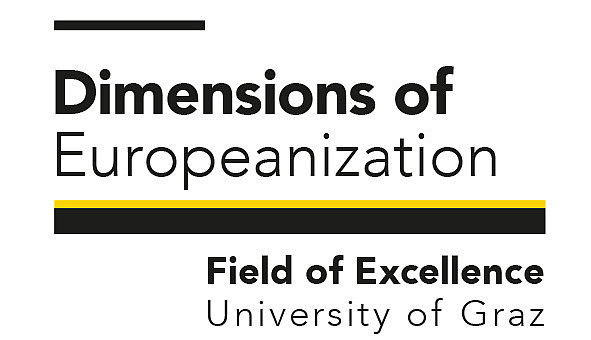The Field of Excellence and the unit Sociology of Gender at the Department of Sociology will be joined by one Marie Skłodowska-Curie Fellow, who won the prestigious fellowship in March 2022. Over the past years – with the first fellow starting on September 1st, 2016 –, the Centre for Southeast European Studies and the Field of Excellence “Dimensions of Europeanization” had been able to secure eleven Marie Skłodowska-Curie fellowships. In 2021, the Field of Excellence sought to build on this success to attract new researchers for a two years stay at the University of Graz. The result is that in 2022 one more MSCA Postdoctoral Fellow will start her investigation at the University of Graz.
At the unit Sociology of Gender at the Department of Sociology Dr. Ana Kladnik will conduct research on “A Land of Joiners. A Gender History of Volunteer Fire Departments in a Three-Border-Region of East Central Europe in Times of Political Transformation, 1918-1989” with Prof. Libora Oates-Indruchová serving as a mentor.
This project looks at East Central European (ECE) history by focusing on non-state actors and particularly on voluntary associations. Challenging the received view that Western Europe (WE) and the Atlantic World are the authentic cradle of associations and of an appropriate and healthy civil society, e.g. the USA often epitomised as the “nation of joiners”, this project interprets voluntary associations in ECE as variation of and not deviation from a unique-but-universalized WE and Atlantic model.
With now twelve successful MSCA Individual Fellowhships we are strengthening the University’s agenda on young researcher development and provide an international and interdisciplinary working environment in the framework of the Field of Excellence.
Current Fellows:
“Early Medieval Glosses And The Question Of Their Genesis: A Case Study On The Vienna Bede” (Fellow Bernhard Bauer, 2021-2023)
“Migrant Authors from Southeastern Europe and the Transfer of Intangible Heritage (MASETIH)” (Fellow Yvonne Zivkovic, 2021-2023)
“Spatialities of Europeanization in Western Balkans (EURoWEB)” (Fellow Ana Pajvančić Cizelj, 2021-2023)
“Female Paid Domestic Care Work: A Node of Changing Social Relationships in Bosnia and Herzegovina” (Fellow Nejra Nuna Čengić, 2021-2023)
“RESEE - Revisiting Europeanization in Southeast Europe. An Historical and Sociological Approach of Norm-Diffusion” (Fellow Dorian Jano, 2020-2022)
“DISMAC-Y - State disintegration in the context of macroeconomic crisis - the case of Yugoslavia” (Fellow Ana Podvrsic, 2019-2022)
“CULTRAMACY - Normalizing a Difficult Past? Cultural trauma and collective memory in Austria and Croatia” (Fellow Ana Ljubojevic, 2019-2022)
Past Fellows:
“MINSOC - Minority civil Society, inter-ethnic peace and sustainable democracy” (Fellow Zsuzsa Csergo, 2019-2021)
“ReCitYu - Reclaiming the Cities in the post-Yugoslav space” (Fellow Chiara Milan, 2018-2020)
“KOSNORTH - The European Union and its normative power in a post-conflict society: A case study of Northern Kosovo” (Fellow Rok Zupancic, 2016-2018)
“To Craft an Authoritarian Regime: Politicisation of Civil Society and The Judiciary in Turkey” (Fellow Bilge Yabanci, 2019-2020)
